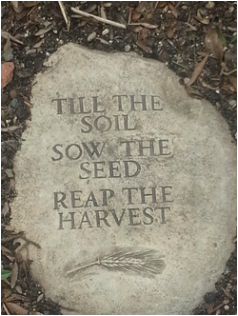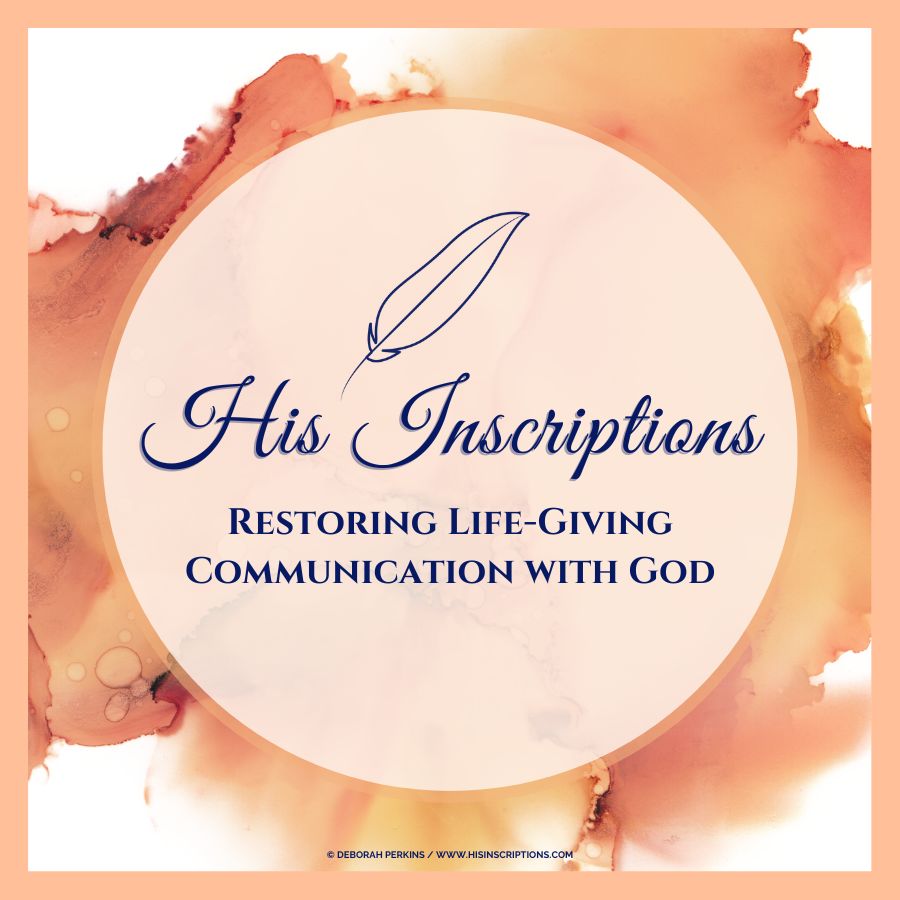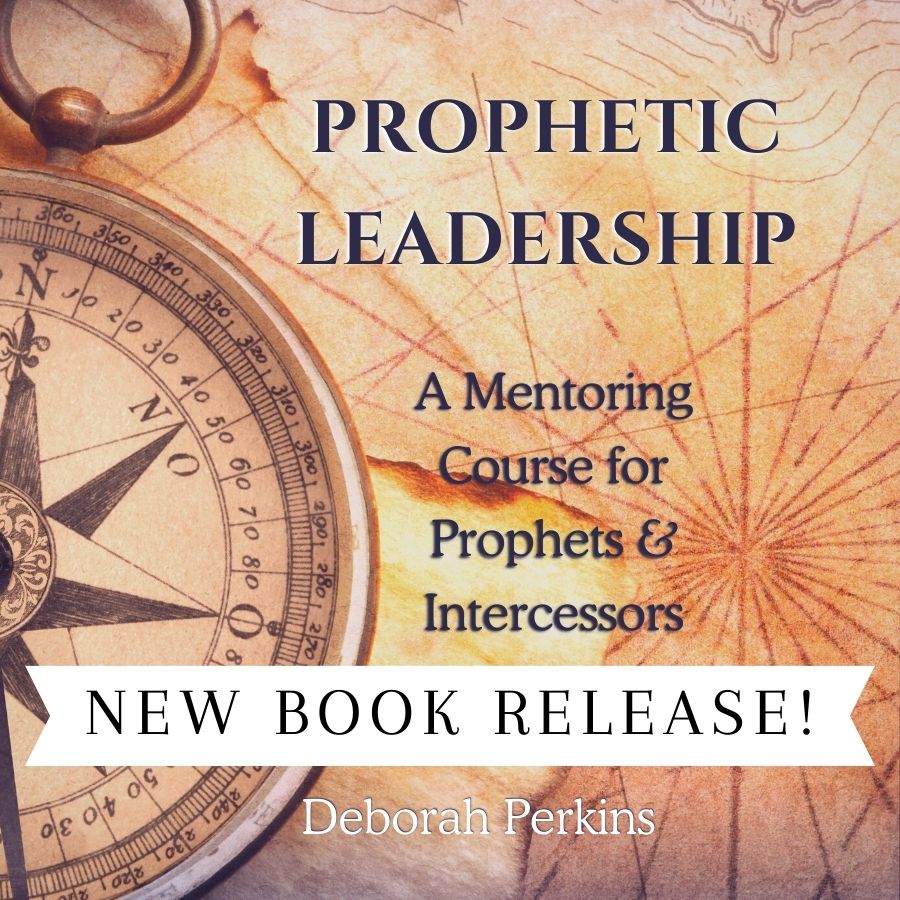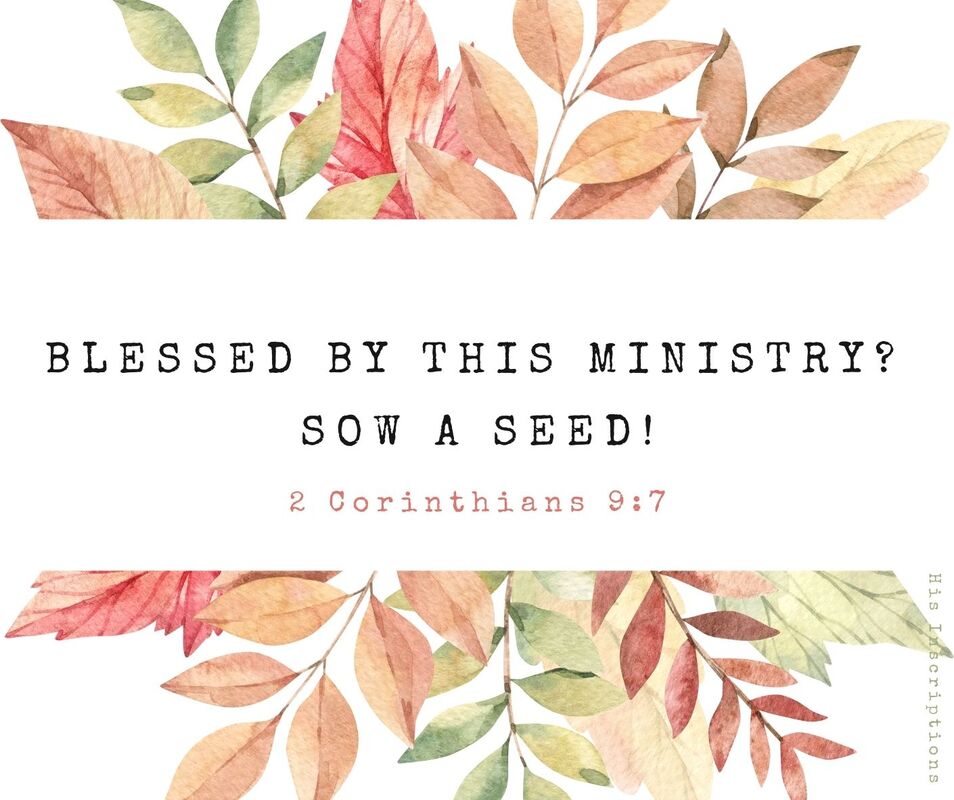|
Despite all of our divisions and denominations, the great test for every Christian is the test of love. Can we love without judging, when our brother believes differently than we do? Can we rejoice in the preaching of the gospel by those "less qualified" than ourselves? Can we allow for differences of opinion and interpretation while still agreeing on the essentials of the faith? This is the great test for every Christian: not simply to preach the gospel ourself, but to allow others to preach Christ in the knowledge they have attained, however limited. Paul recognized this in his letter to the Philippians. Instead of being upset by those who preached Christ out of "selfish ambition" or even contention, he rejoiced that the gospel was being preached at all! (See Philippians 1:15-18). Sometimes, even those who attack our faith end up drawing more attention to it, instead of causing its demise. The plight of Kim Davis, a town clerk in Kentucky (who refused to issue marriage licenses to same-sex couples), is a good example of this. As Christians, whether we believe her course of action is right or wrong, we should still rejoice that attention is being drawn to the gospel, forcing people to re-evaluate what they believe and to dig deeper to find out what the Bible says about such issues. The simple, timeless truth is that we are not called to be masters of theology, but to master love for our neighbors. The golden rule of Christianity applies to everyone, not just to some. When we become absorbed in semantics and arguments over words, we have lost the essence of the gospel message. Each of us must walk with God to the degree or level that we have attained, says Paul, making sure that we share the unity of mind that characterizes mature believers. (See Philippians 3:16). It is up to God to reveal the areas where we are in error or where our beliefs do not fully coincide with Scripture. (Philippians 3:15). Does this mean we cannot bring correction to our brothers and sisters in Christ? No, but the manner in which it is done must be loving, and it is best done only at the Lord's leading. We tend to err on the side of judging too quickly, rather than seeking God's heart for the growth and benefit of others. Paul's response to the schisms or immaturity of fellow Christians was to pray for both knowledge and love: And this I pray, that your love may abound
If we follow Paul's example and take our concerns to the Lord in prayer, we will find that God takes away our desire to judge and replaces it with a sincere concern for others. Love covers offenses. Love may also confront when offended, but makes sure to guard the relationship in the process, rather than burning the bridge.
No matter what issues arise in the coming days, the greatest test will still be the test of unconditional love. This kind of love IS possible, despite our human flaws, when we stop jealously guarding our "corner" of the truth and allow God to be God, perfecting and refining each one of us in the true knowledge of Him.
Deborah Perkins is passionate about connecting others with God. She writes about knowing God and hearing His voice at HisInscriptions.com. Follow her on Twitter and Facebook, or contact her directly here.
My spiritual mother has a favorite maxim for raising children: "Do what's important to them at the time." When you invest in what's important to your children at different stages in their lives, they come to know the love you have for them. We have a Father who parents us this way, too. What's important to us is always important to Him, because His goal is always to show us how much He loves us. I pray these tender words from our heavenly Father will lead you deeply into His Presence.
"Enter In!"
Enter In! Enter in to the fellowship of the gospel! It is fellowship with Me that you seek above all, and it is fellowship with you that I desire. My heart is satisfied in your presence just as yours is satisfied in Mine. A Father delights in being with his children, because they are a reflection of who he is. His children bring him joy each time they come. To see their faces, to kiss their cheeks, this is how I feel about you, child. No one understands you better than Me, because I made you. I spend time with you. I know you intimately, and you do not challenge or threaten me. I am bigger than you are - stronger - ready to handle whatever you throw My way! Even your accusations fall short of Me, for I know what is truly in your heart, says the Lord. Do not be afraid to enter in to My Presence. All the way has been cleared. My schedule is free. My arms are open. There is nothing more important on my agenda than to meet with you. In fact, I don't have an agenda when it comes to you. My goal for you is to make you know the depth of My love, at any and all cost. When you change direction, I will follow you, overtake you, restore you. You cannot escape from the love of this Father! My heart is open wide to you, completely free, completely at peace. You have nothing to fear in My love. Enter in, child - enter in.
c. Deborah Perkins / His Inscriptions
Deborah Perkins is passionate about helping others to connect with God. She writes about knowing God and hearing His voice at His Inscriptions.com. Connect with her on Twitter or Facebook, or contact her directly here.
One of the benefits of walking with Jesus through this life is that we gain the advantage of perspective. My husband likes to picture it this way: imagine that you are walking along the “timeline” of life: a horizontal line with both a starting and ending point. The starting point would be Genesis and the ending point, of course, is the end of time, as pictured in Revelation. God, however, lives outside of time. He is the Creator of it, yet is not bound by it. Picture God as residing somewhere above our imaginary timeline, seated on His throne, and able to see both beginning and end at once because of His “omniscient” position. When we connect with God as believers, our spirits are no longer bound by time or distance because of the regenerative work of the Holy Spirit within us. God steps into our world through the Spirit who now dwells within us. The distance between us and God has been eradicated, and God now walks with us. He enters time. Yet we also have the ability to ascend, in the Spirit, to a place that is outside of time. The Bible says that in Christ, we, too, are “seated in heavenly places,” and from this new position, we gain God’s perspective. (See Ephesians 2:6). It might be likened to the view the astronauts have when they soar into space and see the earth from afar. Suddenly, we can see the “big picture.” The puzzle of life now has shape, definition, and form. We see how it all fits together, how it really looks. A Prophetic Example
Seeing the big picture, however, has both blessings and pitfalls. In this highly connected digital age, it is easier than ever to see the big picture. And on a personal level, our newly-acquired perspective sometimes confuses us.
Suddenly, we are overwhelmed by the needs we see – the gaps in the “ministry” puzzle which so obviously need to be filled. There is no way that one believer can meet all the demands of the worthy ministries we come into contact with. Where are the laborers, we ask? Should I be stepping in to fill this gap? Many pieces of the puzzle seem to be lost or missing. Leaders, especially, can be tempted to yield frantically to the search for missing pieces in a valiant attempt to complete the puzzle. Just as God expands our vision prophetically to release strategies for Kingdom growth, so the enemy tries to stretch us to capacity as we seek to fill ministry needs we are not called to fill. Whether at a local or a national level, we are forced to see that there are gaps (still!), and also that we cannot possibly fill them ourselves. Fortunately, this is a good place for us to land. Our new perspective shows us both the greatness of the mission task and our utter inability to fulfill it alone. The solution, as always, is to do things God’s way: to ask Him for His strategies, so that others might be enabled to find their places in the big picture, too. A jigsaw puzzle must be completed piece by piece, in a certain order, before the placement of certain sections will be revealed. Without connecting preliminary pieces, it will not be known how others are to fit in. Only God can show us what’s next and where we belong. Many of us have prayed, “Lord, show me where I fit in. Show me which piece of the puzzle I am. Should I be in this section, or that one? Am I at the top or the bottom? Where are the pieces I should be connecting to?” I prayed a similar prayer not too long ago. Faced with mounting pressure from ministry needs and gaps I could see in the divine puzzle, I felt confused. There were simply too many needs for me to fill - needs I could fill and had even been prepared for – in other words, too many viable options. Like a puzzle piece suspended over a work in progress, I couldn’t see where I should fit at the time. God’s answer surprised me. “Despite how you may feel,” He said, “you have already been placed within my Kingdom puzzle. I have divinely ordained the place where you live and the Body you are a part of. Based upon your true colors and your personal design, you have been set into a section of My puzzle where you can snugly connect with others around you. You have only to reach out and explore those connections. Like interlocking tabs and slots, you are made to work with those around you, holding larger sections of the puzzle together. Start where you are locally and your reach will extend globally.” It can be tempting to try to “fit in” somewhere that we don’t belong – somewhere He has not created us to be. Even more so when the gaps seem overwhelming and the needs pressing. By all means, meet the needs you can meet. Reach those within your reach. But don’t allow the enemy to use the perspective you gain to pull you out of your God-given position in His overall plan. What, then, of all the gaps in ministry? Jesus recognized them, too. Even as a man like us, walking our timeline, He saw the big picture. The fields are white for harvest, He said. Pray for laborers to be sent out. (See John 4:35; Luke 10:2). Perspective should be met with prayer. When we pray, the hand of God moves ever more swiftly to scoop up the next pieces of the puzzle, setting them carefully into place. The gaps will close, and the image will be clear. The picture we are completing is the image of His glory. And the knowledge of the glory of the Lord will cover the earth as the waters cover the sea. (See Habakkuk 2:14).
c.DeborahPerkins / His Inscriptions
Deborah Perkins is passionate about connecting others with God. She writes about knowing God and hearing His voice at His Inscriptions. Follow her on Twitter or Facebook, or contact her directly here.
Followers of Jesus have a unique dilemma. From the time of Christ’s resurrection until now, all we have to lead us are words. By words, I mean the words God has spoken to us, whether in Scripture, prophetically, or in the quiet places of our hearts. We follow Him on the basis of His Word, taken on faith, and this can be a challenging task. After all, it is rare that God speaks in an audible voice. He is invisible to us, yet we see Him with the eyes of our hearts. He hosts no seminars and posts no YouTube videos, and yet we hear Him. When we are looking for detailed directions, His words to us might seem primitive or inadequate, too small to do us any real good in our complicated world. Why doesn’t He just tell us what to do, or how to get there? Words are Seeds
The answer lies in a simple analogy, one that Jesus often used to help His disciples understand Him. Words are seeds. When we come to God seeking direction, He gives us what we could call a “packet" of seeds. On this packet is a picture of the finished product, with perhaps a simple description of how to plant the seeds and what the growing time might be for our location.
The seeds might represent a specific promise for our future, or a vision of the provision He intends to supply. They might be a picture of what our “promised land” will look like. It is rare that God gives us a finished garden in bloom in answer to our prayers. He’s much more likely to give us a seed starter pack and ask us to do the sowing (with Adam and Eve as the obvious exception!) Our seed packet might come in the form of a strong desire of the heart that doesn’t go away over time, a specific scripture promise, or a prophecy. It might be a missionary call or a ministry focus. In most cases, others will confirm that they, too, can “see” the type of seeds God has given us. Biblically, it’s a good thing to ask God to confirm our gifts and callings through others. It helps us to stay focused on our personal harvest. A seed will not take root until it is sown. How do we sow word-seeds? With our prayers and our confessions of faith. We agree that the word we have heard is good, and ask God to bring it to pass. We keep speaking in faith ("I'm growing tomatoes this year!") until we see our harvest appear. This agricultural principle is easily understood, yet many of us feel silly "speaking faith" concerning spiritual things when we don't see immediate results. We misinterpret delay as failure, when all the while our seeds are secretly taking root underground. If we watered them faithfully instead, we would be much more productive! We must learn to apply the eternal law of sowing and reaping to our spiritual lives. (See Genesis 8:22 for confirmation). As Bible believers, we have only seeds – or words – to go on. We are all called to be sowers, waterers, and harvesters of His Word at different times. But in all cases, we must act on what we’ve been given, and work as gardeners do to reap our harvest or cultivate our soil. This is an obvious pattern in Scripture, and yet when it comes to our own lives, we struggle. When we see only the same dirt that was in front of us before, we abandon the garden in disgust and blame the seed for its imperfection. We lack the patience and shun the toil of the gardener. Our Hearts are Soil
While the seed packet tells us what the seeds need, it doesn’t tell us anything about the condition of our soil. God gives us something to sow, and leaves the rest in our hands. He expects us to know the condition of our hearts, our circumstances, and all the environmental concerns unique to us. He expects us to fight off the diseases and pests that threaten to destroy our crops. He expects us to gather in the harvest instead of leaving it to wither on the vine.
Gardens, like people, require time and attention to flourish. When all we have are words from God, we must be careful not to despise the dirt that lies directly in front of us. It’s the “dirt” of our lives that must be dug up, weeded, and cultivated before the seeds can be sown to make that garden. Even a heart full of good soil requires constant amelioration through repentance, forgiveness, and healing. If we skip these steps and abandon the work, we will only end up admiring others’ gardens and never growing our own. God may call us to till someone else’s garden for a time, to teach us how to garden ourselves. But it is my firm belief that God has unique promises for each one of us that cannot be realized until we tend to them ourselves. God gives us each the types of seeds we are capable of growing. The Words (or seeds) God gives His people always work. They are heirloom seeds: uncontaminated and having unlimited reproductive potential. Some of us are called to grow fruit trees, others herbs, others still will grow vegetables. Each of us is unique in our Kingdom purpose. Whatever we invest in is for the nourishment of ourselves and those around us. Once we take the steps of digging up our soil, sowing the seeds, and keeping our garden free of weeds, God shows us what to do next. Our seedlings grow, taking on visible shape and form. When we need it, God supplies us with divine “Miracle-Gro:” ™ fresh words of direction or instruction to care for the garden we are creating. Through patient work and renewed understanding, we inherit the promises we first saw on our seed packets. I pray that when all you have are words, you’ll recognize the incredible gift you’ve been given by God. That you’ll see His words as precious, heirloom seeds with the ability to reproduce and bear fruit. Along with that gift, I pray you’ll take to heart the promise God gave Jeremiah: “You have seen well, for I am watching over My Word, to perform it.” (Jeremiah 1:12, NASB). If you accept the challenge of sowing God’s words into good soil, you’re guaranteed to reap a mighty harvest!
c. DeborahPerkins / His Inscriptions
DeborahPerkins is passionate about helping others connect with God. She writes about knowing God and hearing His voice at His Inscriptions. You can follow her onTwitter andFacebook, or to subscribe to her weekly blog,click here.
|
Free Link to the Subscriber Resource Library when you join His Inscriptions!
About
Deborah Perkins Categories
All
Archives
June 2024
AuthorA severe hearing loss from childhood caused Deborah Perkins to develop what she now calls her secret weapon: tuning in to God's voice. A Wellesley College graduate and an award-winning writer, Deborah is now a wife and mother of 3 boys. Deborah has devoted over 25 years to professional and lay Christian ministry in New England and beyond. Her passion is inspiring people to cultivate greater intimacy with God. |













 RSS Feed
RSS Feed






